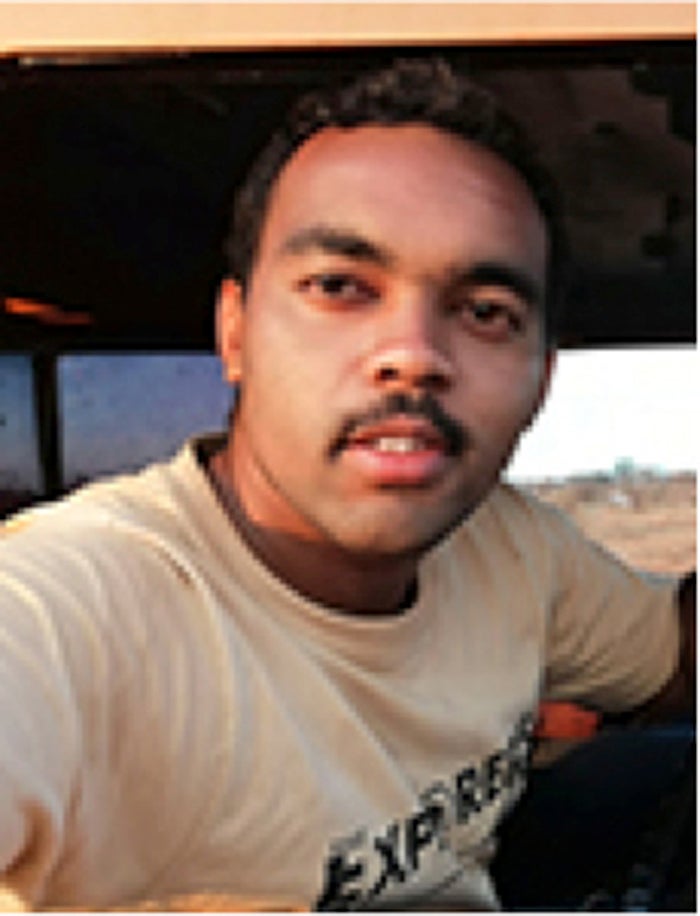Catawba graduate a Gates Cambridge scholar
Published 12:00 am Thursday, June 2, 2022

- Alberto Borges — submitted photo
Catawba News Service
SALISBURY — Alberto Borges, a 2021 Catawba College graduate, was recently awarded a Gates Cambridge Scholarship, which provides full funding to pursue a postgraduate degree at the University of Cambridge. The scholarship was established in 2000 with a gift from the Bill and Melinda Gates Foundation and is awarded to 80 scholars each year, with approximately 25 coming from the Unites States.
The Gates Cambridge Class of 2022 is made up of 79 new scholars. The selection criteria includes outstanding intellectual ability, leadership potential and a commitment to improving the lives of others.
“My late father would take my mother, siblings, and me on adventures in nature during my childhood years,” said Borges. “These curiosity filled escapades led to the incidental discovery of a camel spider unknown to science at age 17. At that moment, I realized my career would involve wildlife conservation and the promotion of sustainable human livelihoods. My passion landed me a full scholarship to Catawba College for my environmental and sustainability undergrad studies. I secured several National Geographic, Woodspring Trust, and St. Luke’s Episcopal Foundation grants to conduct impactful conservation projects in Marsabit and Athi River, Kenya. Earning the prestigious Gates Cambridge Scholarship will empower me to pursue the MPhil in Conservation Leadership at Cambridge. My ultimate goal is to set up a wilderness conservation center in northern Kenya.”
Since the first class in 2001, Gates Cambridge has awarded over 2,000 scholarships to scholars from 111 countries who represent more than 600 universities globally, and more than 80 academic departments and all 31 Colleges at Cambridge.
The new Gates Cambridge Scholars, from Uganda, the U.S., India, Colombia, China and Australia, will join the community when they start their studies this fall. They come from 30 countries and are studying subjects ranging from food security and bat reservoirs for viral diseases to how gut hormones control food intake and blood glucose levels. The class comprises 41 women and 38 men.



